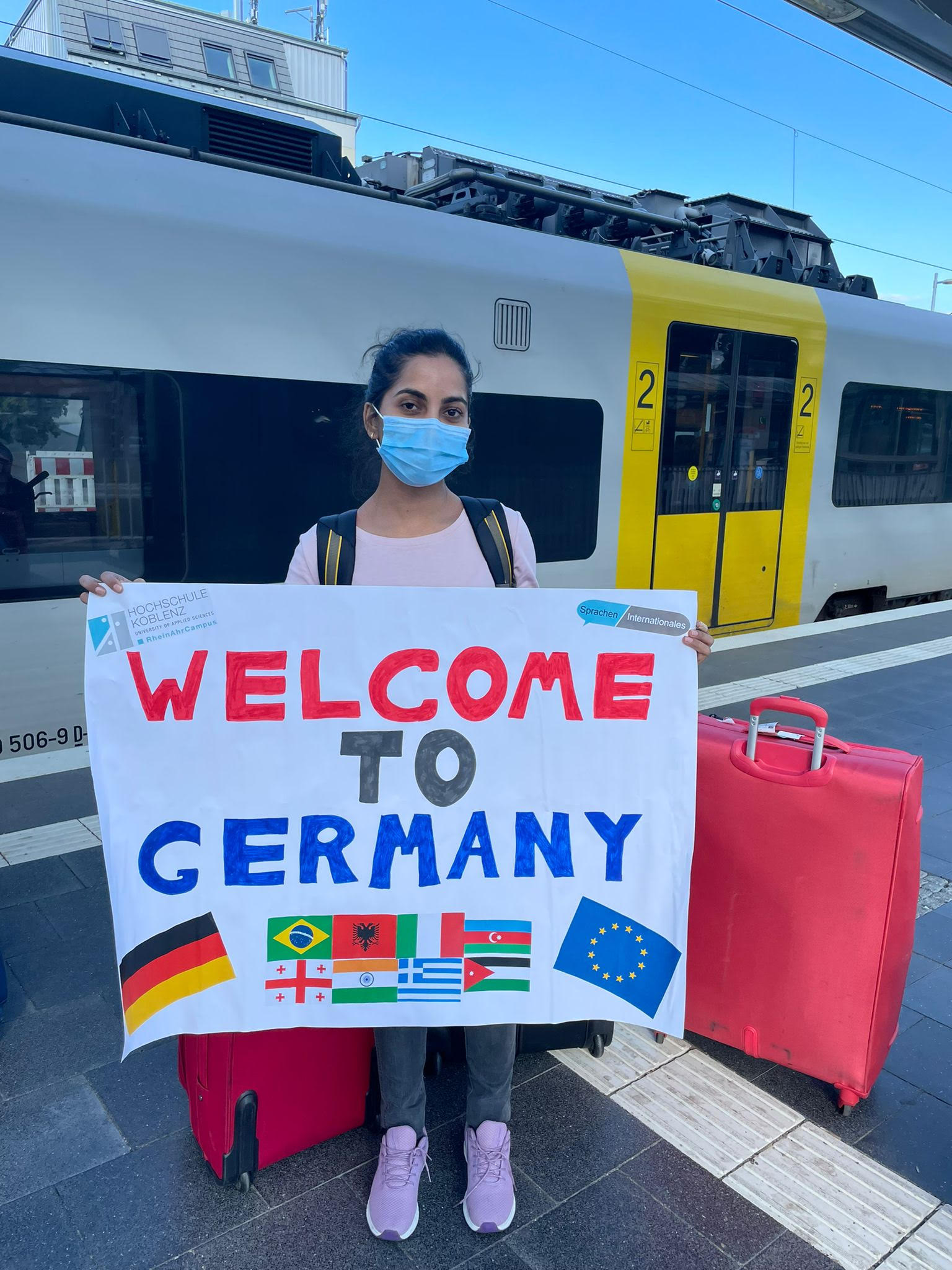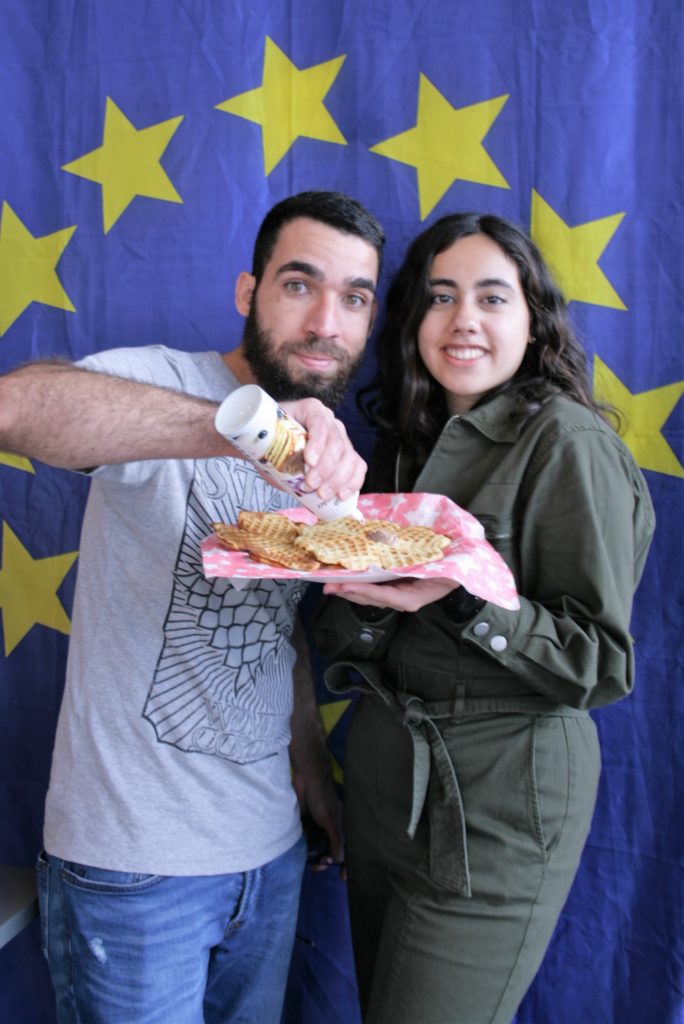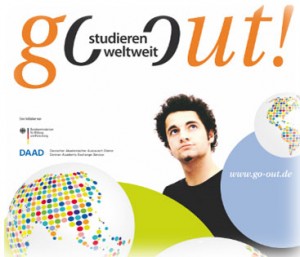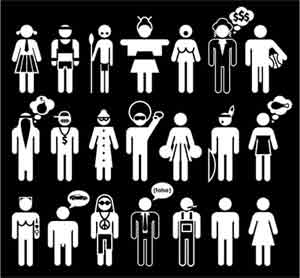
Hello and welcome to show 266 of our podcast “Absolutely Intercultural”. Today we talk about the cultural surprises that will happen to you when you live abroad and far from your home country. For some of us, living abroad is a temporary expierience in life and for others living abroad has become a permanent challenge or joy. When we go home, mostof us instantly feel comfortable again but for some their home country doesn’t feel like home anymore.
Why do we sometimes feel more comfortable in our host country than in the country where we were born? Which are the reasons that no matter where we go, there is something that drawsus back toour home country?
absolutely fitting
In our first category, “absolutely fitting”, Natalia,originally from Ukraine,tells us about the reasons why she feels that Germany has turned into her chosen home country. She explains that living, studying and working in Remagen has provided her the intercultural environmentwhich she had always been searching for in her home country.
absolutely shocked
In our second category, „absolutely shocking”, Ariana, an exchange student from Albania, tells us about her first loud and cheerful birthday party – at the age of 20! For her as an Albanian Muslim birthdays are apparently not a big deal and only communal celebrations such as Eid are celebrated in full pomp.
absolutely indian
Finally, in our last category, “absolutely Indian”, Surya, from Pondicherry University in the South of India, shares with us that even though she tried hard to recreate an Indian-like environment here in Germany, not everything can be recreated. Compared to India, even big cities in Germany seemed “empty” to her and she misses the closeness of the crowds in India.
What about you? Do you have any host country that feels just like your home country, or even closer? Is there something in your home country which brings you always back to it? Write a comment or mail us, we could do a follow-up with you in one of our next shows.
Our next show will be coming to you on the 1st of October.
Until then – stay as diverse as you are – and
Bleiben Sie absolut interkulturell!
The host of this show is: Dr. Laurent Borgmann
Chief Editor: Esjona Musta
Assistant Editors: Alina Vor, Natalia Obikhod, Elene Mikeladze, Natia Nikvashvili


 Hello and w
Hello and w In today’s podcast we discuss aspects of the German culture, involvement of refugees in everyday university life and integration of international students at Brock University. We talk to Sheila Young from Brock University, Canada who was visiting Germany for the first time in her life when we met her at RheinAhrCampus. She told us about how she prepared her visit to Germany from a cultural point of view. We will also hear about the experiences of three students, who took part in the
In today’s podcast we discuss aspects of the German culture, involvement of refugees in everyday university life and integration of international students at Brock University. We talk to Sheila Young from Brock University, Canada who was visiting Germany for the first time in her life when we met her at RheinAhrCampus. She told us about how she prepared her visit to Germany from a cultural point of view. We will also hear about the experiences of three students, who took part in the 

